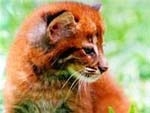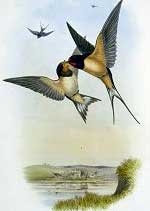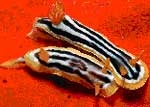The first rule when traveling in Africa is to never “joke” with a hippopotamus!
Hippopotamuses are considered semi-aquatic creatures, spending up to 16 hours a day in the water. They are massive animals and are the third largest land mammals today, after elephants and white rhinoceroses.
They can reach lengths of 3.3 to 5 meters and stand up to 1.6 meters tall at the shoulder. Female hippos typically weigh around 1,400 kg, while males can weigh between 1,600 and 4,500 kg.
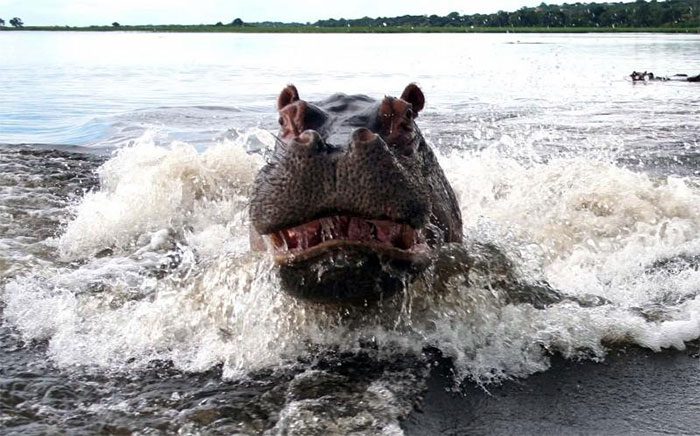
The extremely angry face of a mother hippopotamus.
In stark contrast to the shy and gentle nature of typical herbivores, hippopotamuses are among the most dangerous species in Africa, exhibiting the world’s most aggressive behavior.
Their weapons lie in their “earth-shattering” strength, along with their large teeth and tusks used to defend against threats, including humans.
On average, about 2,900 people die each year due to incidents involving hippopotamuses, a number far greater than the fatalities caused by notorious “bloodthirsty” predators like sharks.
The reason is that hippos are incredibly temperamental and can easily lose control; whenever they feel their territory is threatened, they will fiercely retaliate and can even eliminate an intruder.
Rob Masterton and Jessica Masterton-Smith, during their trip to Chobe National Park in Botswana, will surely never forget the “incredibly intense feeling” they experienced when encountering this ill-tempered creature for the first time.
As part of their two-month journey, while on the boat, Jessica spotted a baby hippo and wanted to get a closer look, so she asked the boat to turn back.
However, the tourists made the mistake of not realizing that hippos are particularly aggressive when their territory is encroached upon and their young are threatened. They are dubbed one of the most aggressive creatures in the world and are among the most dangerous animals in Africa as well as globally.
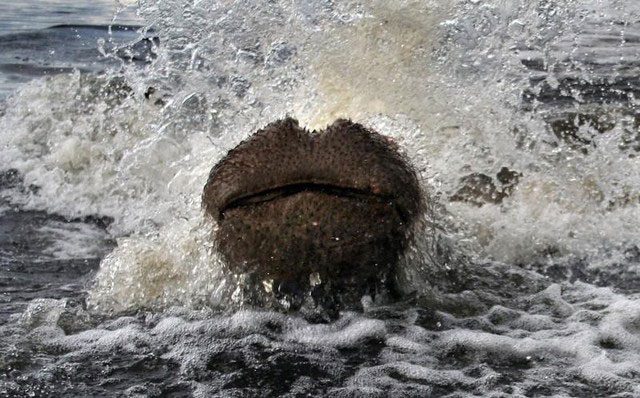
The mother hippopotamus charging at the boat, fortunately, no unfortunate consequences occurred.
As they got closer to the baby hippo, the guests noticed another hippo charging “swiftly” through the water to attack. Fortunately, no mistakes were made that came with a hefty price; everyone on the boat was safe.
Calming down after the storm had passed, the couple reflected on that moment and realized how lucky they were in the presence of such an angry “monster.”
According to Rob’s account: “I just intended to go to the back of the boat to have a smoke when suddenly I lost sight of the mother hippo. In the blink of an eye, the mother hippo had approached the boat with her jaws wide open right next to me. Thanks to the quick thinking of the boat driver, we were able to return safely!”.








































